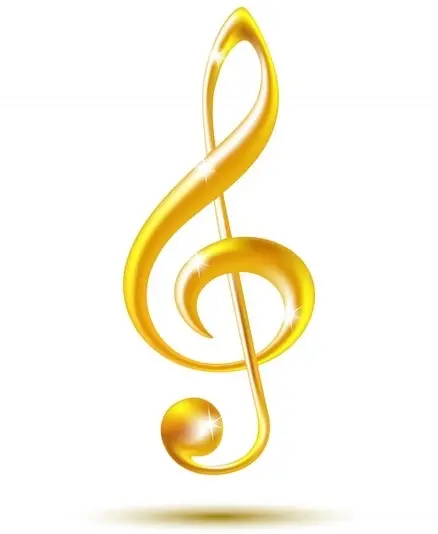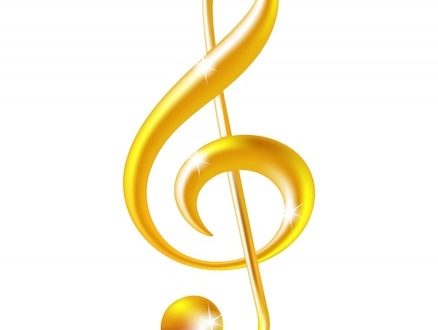
A cappella, a cappella |
Italian, formerly a capella, alla capella
Polyphonic choral singing without instr. escorts. The term “A cappella” comes from the word chapel and came into use at the end of the 17th century. Initially, it denoted a certain style of choir. music, in Krom DOS. attention was paid not so much to the clear transmission of the text, but to the melodiousness and independence of the voices, to the harmony of the overall sound. The A cappella style was polyphonic; used exclusively diatonic. frets, short durations of sounds were avoided. To wok. instruments could join the voices. Back in the Middle Ages, before the term “A cappella” began to be used, this style became the main one. style of cult music; it flourished in the Renaissance in the work of the great polyphonists of the Dutch (Josquin Despres, Orlando Lasso) and Roman (Palestrina) schools. From the beginning 19th century, when the A cappella style took a prominent place in secular music. art-ve, the instruments ceased to be used in the products related to this style. and the term acquired modern. meaning. Since that time in Western Europe. In other countries, early A cappella music was often regarded as the perfect form of ecclesiastical presentation. music; modern church music sought to bring closer to this ideal.
Orthodox the church uses only the choir. singing A cappella (outstanding examples of cult music A cappella belong to V. P. Titov, M. S. Berezovsky, A. L. Vedel, D. S. Bortnyansky, P. I. Tchaikovsky, S. V. Rachmaninov).
Singing A cappella is widespread in Nar. creativity (Russian, Bulgarian, Latvian, Estonian). It reveals with great fullness the richness and beauty of the human voice, hence the interest in the A cappella style of composers of the most diverse. epochs (K. M. Weber, F. Schubert, R. Schumann, J. Brahms, K. Debussy, M. Ravel, B. Bartok, Z. Kodai, N. A. Rimsky-Korsakov, S. I. Taneev, A. T. Grechaninov, A. D. Kastalsky). means. distribution choras A c. received in owls. music (V. Ya. Shebalin, D. D. Shostakovich, G. V. Sviridov, V. N. Salmanov). Both in Russia and abroad, there are prof. choir. teams performing preim. A cappella music.
V. S. Popov



